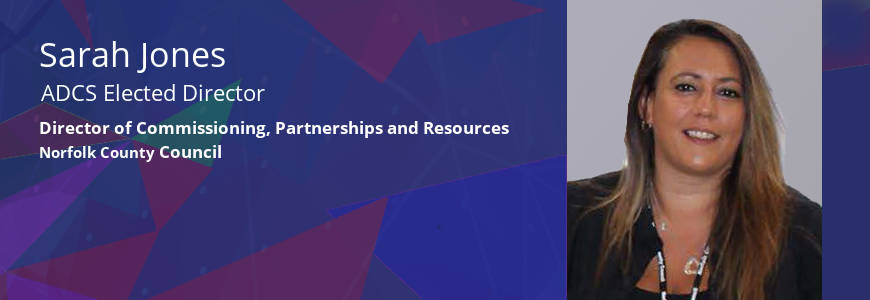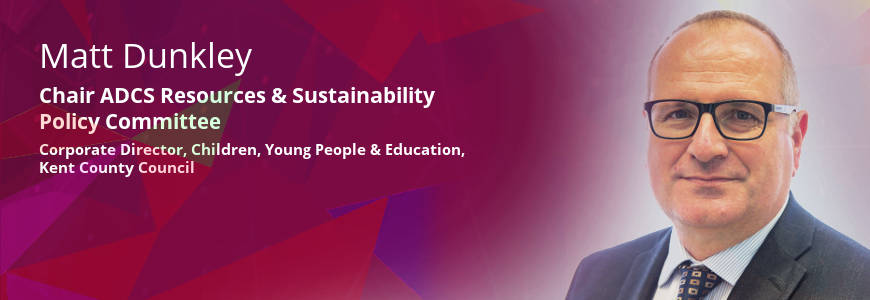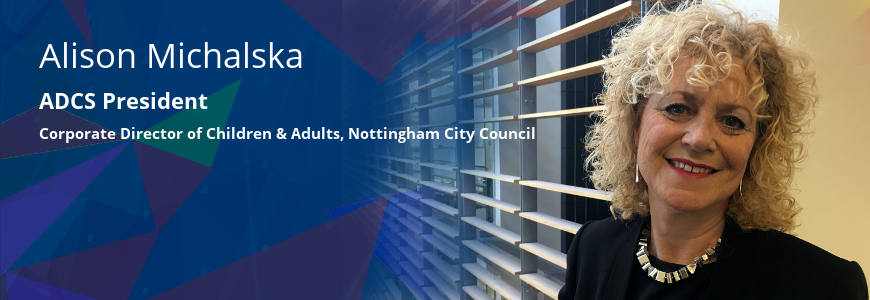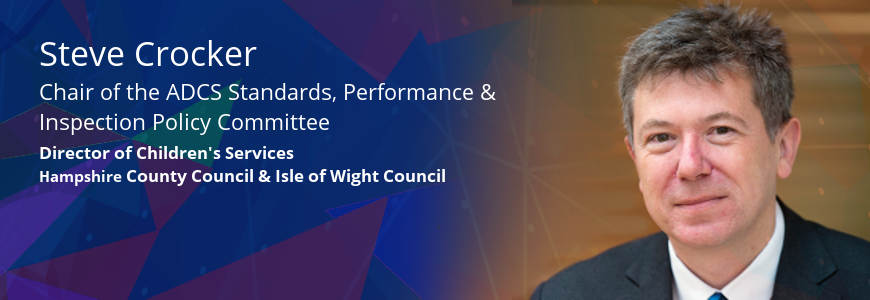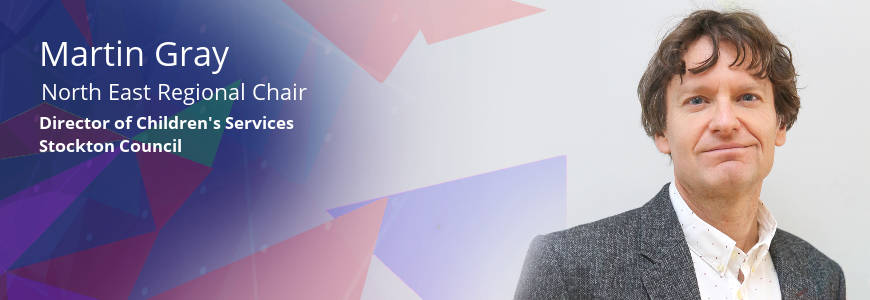Continuing the legacy of a country that works for all children
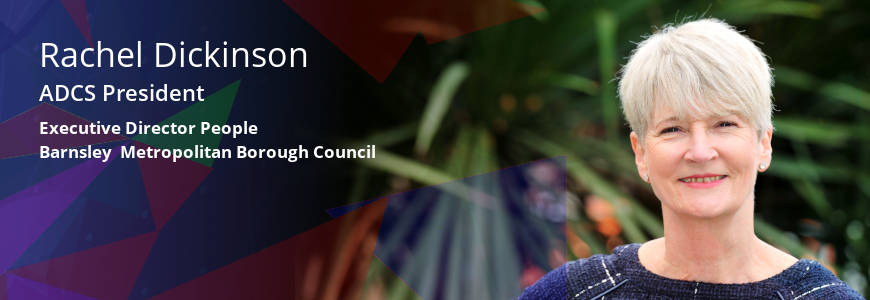
Last week I had the great privilege of delivering my inaugural speech as ADCS President to a room packed full of colleagues, peers and many others working in the sector. It was a chance to look ahead to the next 12 months and affirm the Association’s policy priorities, but also to reflect on some of the outstanding achievements of ADCS past presidents. During the speech, I promised to continue the strong legacy set by Alison and Stuart to make this a country that works for all children and this made me reflect on where we are two years on since that excellent paper was first published in October 2017. Although a lot has changed since then, many of the same challenges remain. The paper notes the country’s lack of focus on children as the nation’s attention turned to the economy, growing pressures in the NHS as well as Brexit (sound familiar?). These certainly are ‘wicked issues’ but as we address them nationally we must not lose sight of children and young people. Despite the current uncertainty, their needs can’t be simply put to one side.
In our policy paper, we called for the government to invest in children and young people to put them at the heart of all government policy so that the impact of new reforms on their lives is clearly understood. I think that we, and many others in the sector, have done a great job of highlighting real-terms cuts to budgets in children’s services and finally putting this issue on the same footing as the financial pressures in adult social care. As Stuart Gallimore noted in his most recent blog,while there is more to do, over the past year there has been some recognition of these pressures with some extra funding for children’s social care featuring in the Chancellor’s last Autumn Statement for the first time in a long time, but it wasn’t enough. We need a sustainable long-term funding settlement for the totality of children’s services. Take the rising costs associated with the 2014 SEND reforms, which were rightly ambitious, but over the past four years we have moved from a position of a net surplus in the system to a deficit. Although last year’s announcement of £250 million additional funding over two years to provide specialist support was some recognition of the level of demand we face in this area, the scale of the challenge is far greater. A recent report from ISOS found that local authorities will have a collective deficit in their SEND budgets of £1.2 billion - £1.6 billion by 2021. This doesn’t sound like a country that works for all children to me.
The reality is that children are often impacted the most when things go wrong and we continue to see this with almost a decade of austerity. The effects of poverty on children and families are wide ranging and go beyond not having any pocket money. Many children are living in cramped, unhealthy conditions with, at best, a poor diet and we know that benefit changes, poor housing and the prevalence of unstable employment have an impact on children’s life chances. Sadly, this does not grab the headlines and I fear that we are becoming immune to it as the sight of collection points for food banks in supermarkets is all too common. It is a national disgrace that we now have period poverty boxes in our schools, but a welcome step that the DfE has recently pledged to provide, and fully fund, free sanitary products to girls in all secondary schools and colleges across England, and has extended this to all primary schools too.
Tackling this inequality should be our biggest priority which is why I want to see a more robust response from the government - it is within their power to do something about it, starting with the development of a child poverty reduction strategy for England. We are the only country in the UK not to have one. If we transferred some of the time and energy that is being put into Brexit to solving this problem, just imagine what could be achieved.
Related Blog Articles
It feels like the Christmas break was a very long time ago now, but as it’s...
In General
This blog was first due a couple of weeks ago, but the small matter of an ILACs...
In
It can be difficult for children’s issues to get the air time they fully...
In Health
In my spare time, when I’m not doing the occasional bit of gardening,...
In General
The cost of living crisis is starting to bite and will have a huge impact on...
In General
I was delighted to see that the National Association of Virtual School Heads...
In Education
I was one of the speakers at the Research in Practice Leaders Forum last week in...
In Early Help & Families
The West Midlands ADCS has been quietly unifying over a small but significant...
In General
As directors of children’s services there is a temptation to look at our...
In Inspection & Improvement
During last week’s 2020 ADCS annual conference, colleagues discussed options...
In Workforce
Three weeks ago today, a generation of children who have spent around a third of...
In Education
The turn of the New Year is a time for many to look back at the previous year...
In General
I confess that I love new beginnings - a new day, week, term or of course new...
In General
The education sector is no stranger to change. In recent years, planned reforms...

